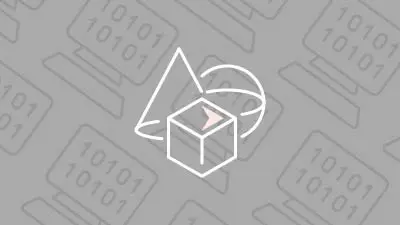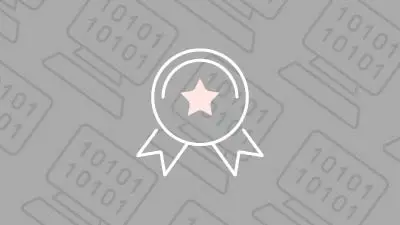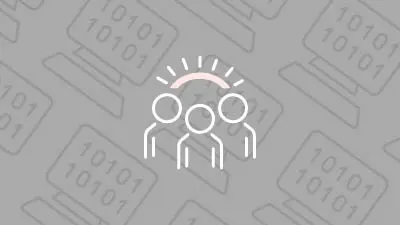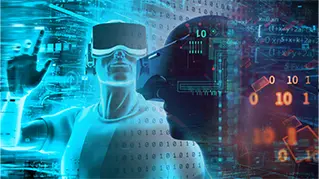Course Overview
How does my Grab app locate the nearest available driver? Can I get the lights at home turned on five minutes before I get there? The answers lie with Information Technology.
From communication and education to healthcare, transportation, entertainment, finance and business, Information Technology influences nearly every aspect of human activity today.
In this course, you will acquire very strong programming and software development skills. You will also learn to incorporate AI, data analytics and other technologies to enhance the applications you develop. You will get the unique chance to specialise in areas such as Financial Technologies (Fintech) through elective subjects and gain employment in the banking and financial services sectors. As the demand for IT professionals continues to rise, set yourself apart from others by joining this highly valued course. A unique opportunity we offer is through our Industry Practice elective subjects which you can take while working at an internship company in your 3rd year. This gives you a chance to acquire strong and deep skills at the workplace and prepares you well to secure future employment.
We also have very strong industry links with DBS and Deloitte where our students are mentored by industry professionals and can undertake year-long internships with these esteemed companies in Year 3.
Join us and embark on an exciting tech journey with immense job opportunities!
Get the opportunity to attain the certifications(s) below through your course of study:
- AWS Cloud Practitioner
- Azure Fundamentals Certification
- Professional Scrum Master 1
AWS Cloud Practitioner Certification
Many companies are now placing their information on the cloud, as well as creating applications and services on the cloud. Due to cloud computing, we are seeing a big shift from the traditional way businesses think about IT resources. Cloud Computing professionals are in high demand in the IT industry. The AWS Certified Cloud Practitioner offers a foundational understanding of AWS Cloud concepts, services, and terminology.
The School of Informatics & IT curriculum prepares students to acquire the AWS certified cloud practitioner qualification. Industry-recognised certificates give students and prospective employers an added confidence about the cloud proficiency of graduates.
Supported by:












/IIT-t69-tn.webp)

/IIT-t60-tn.webp)



